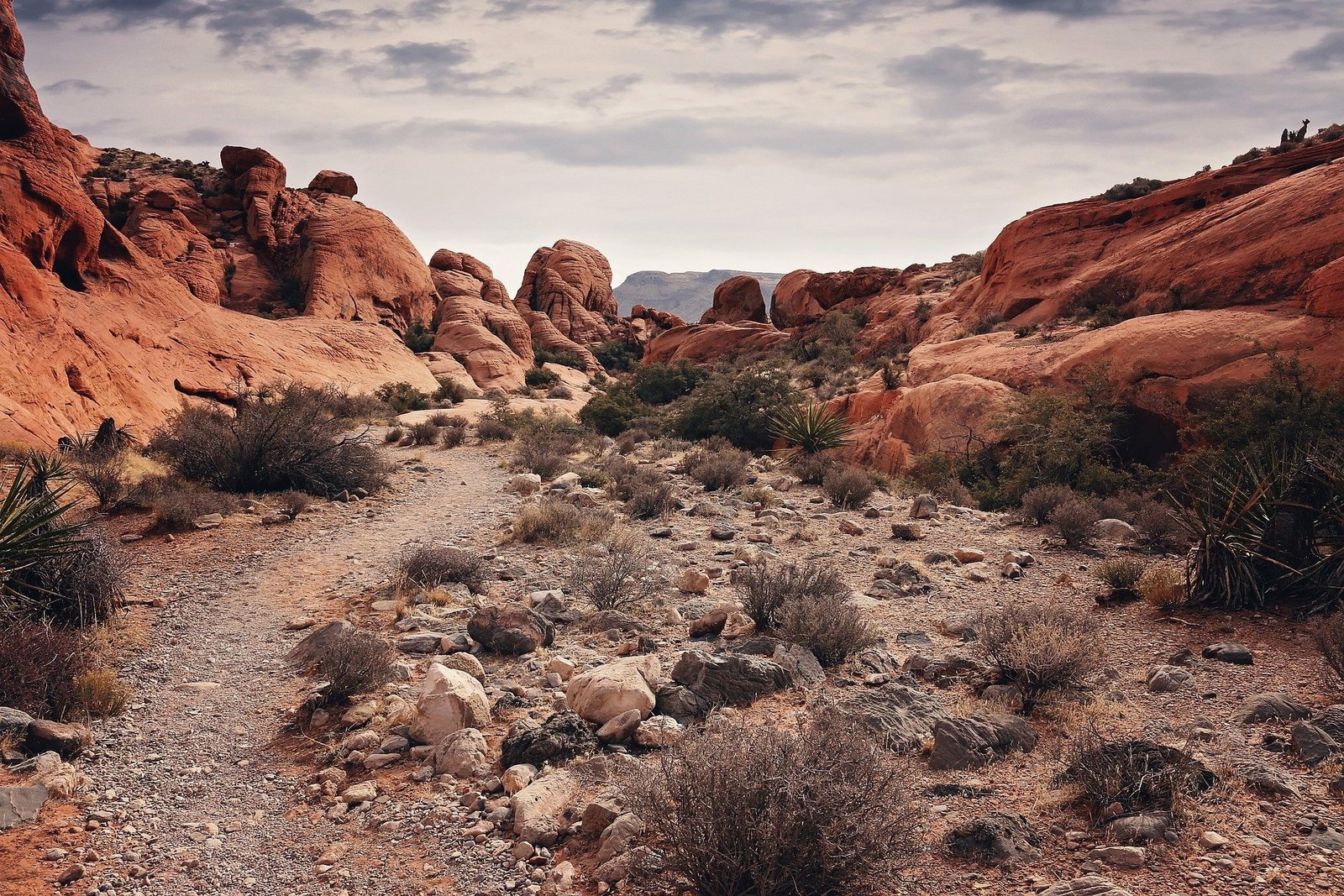I would like to catch everyone up on what I’ve been working on with my spare cycles for most of the pandemic.
Back in the pre-Internet era of the early 1990s, there were Bulletin Board Systems or BBS systems. These were expensive personal computer systems that were accessible to the outside world via dedicated landlines and analog dial-up modems. They were the original neighborhood and regional social networks of their day that offered e-mail, group messaging, chatrooms, games, and sometimes large file libraries full of shareware and freeware. Some teenagers wanted their own phone line in their room, so that they had some privacy and wouldn’t constantly tie up the home phone. In my case, I created a private counter-culture world where my friends, neighbors, and strangers would connect an interact.
For a turbo nerd like myself, this was a fantastic way to work with new technology, while actually building something unique for others to use and share. While I only had one phone line, and my computer was old and worn out by the time it became my BBS, it was such a formative experience for me both in dealing with people in solving complicated technical challenges. As the Internet began to really take off, my callers dwindled in favor of the web and internet-enabled services, so I eventually shuddered my old Bulletin Board and transitioned into my current career as an IT professional.
I’ve always had fond memories of the experience. In fact, I’ve thought about launching or relaunching an Internet-enabled BBS that doesn’t rely on old land lines and modems, but I’ve either never had the time or the energy to escape back in to the retro world of ANSI graphics, terminal emulations, and Zmodem. Well, 2020 changed all that for me and I decided to resurrect my old hobby, but with the following goals in mind:
I wanted to use this as an excuse to learn some new skills.
I didn’t want to have a lot of money tied up into computer equipment.
I didn’t wanted to repeat any of the teenage mistakes that I had made when I last ran a BBS.
It’s funny how long it takes to think through a set of goals versus actually doing the technical work. In my case, I quickly decided on platforming the BBS on a Raspberry Pi 4, as it was cheap, powerful, compact, and very energy efficient, but this lead to a series of technical and design challenges. I didn’t want to purchase an RPi4 until I had solved those challenges, so I spent a couple of months tinkering with Virtual Machines and the Microsoft Windows 10 Subsystem for Linux. Next, I had to determine what BBS software package I would run. I juxtaposed Synchronet BBS against Mystic BBS which are the two most prevalent packages. Each package had their merits, but Synchronet won me over because of it’s active development, staggering amount of features, customizability, and complexity. Also, I have to give the creator of Synchronet, Rob Swindell, major kudos! He’s super-approachable, nice, and it has been cool to get to chat with the original developer of a 30+ year old software package. There is a clutch community of hobbyists and developers that continue to support the project. Plus, Rob is from SoCal, so he’s a kindred spirit.
Anyhow, after working through the platforming, the BBS software, there was a lot fun creative things to set up and decision points. I wanted to try to make something technically sound, yet retro-cool… I decided that, unlike my original BBS from the ‘90s, I would set this one up with a theme in mind. You can ask Teri how long I was stuck trying to think of a theme and a name. I wanted it to be something that naturally linked and resonated with our area (Southern Nevada), but was not necessarily patterned after casinos or gaming.
I ended up with a Star Wars theme and named the system Beggar’s Canyon. The fictional Beggar’s Canyon is located on the desert planet of Tatooine featured in many of the movies, books, and lore. For my users, Beggar’s Canyon is available via web portal at https://beggarscyn.com or directly in a BBS client via Telnet or SSH.
Every day, I add a couple of new features, make some improvements, and generally just try to have fun. Ultimately, I hope it helps keep the hobby alive for younger generations, while giving some stir-crazy folks a cool place to pass the time. So, do you want to be a Jedi? Anonymous User Feedback… It warms my heart…
Discover more from Warmest Robot + Warmest Human
Subscribe to get the latest posts sent to your email.

